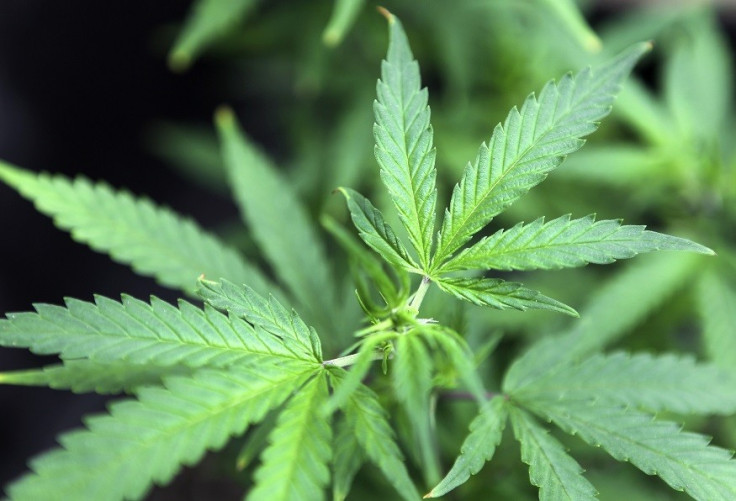World Drug Report 2014: Illicit Narcotics Kill 200,000 a Year as Cannabis Use Soars in US

More Americans are consuming marijuana as their perception of the health risks declines, but more are also seeking help for problems related to the drug, according to a United Nations report.
The 2014 World Drug Report was released by the United Nations Office on Drugs and Crime (UNODC) on International Day against Drug Abuse and Illicit Trafficking.
"Up to 200,000 people die every year due to illicit drugs," UNODC executive director Yury Fedotov said, in a statement.
The research suggests an increase in availability, combined with a declining risk perception, can lead to wider use, as well as a greater number of young people being introduced to the drug, as reported by Reuters.
While use increases in the US, however, global marijuana use seems to have decreased, the report said. The decline was noted in some western and central European countries.
"However, in the United States, the lower perceived risk of cannabis use has led to an increase in its use," UNODC said, without specifying the reason for this change.
According to the report, the number of people in the country aged 12 or over who used cannabis at least once in the previous year rose to 12.1% in 2012, from 10.4% in 2008.
More people are also seeking treatment for "cannabis-related disorders" in most regions of the world, including in North America.
This is one reason that expected tax revenue from retail cannabis sales should "be cautiously weighed against the costs of prevention and health care," the report said.
Washington and Colorado have legalised the sale of cannabis under license, but US federal laws still prohibit sales. According to the UN report, however, it is too early to understand the impact of recent cannabis legislation moves.
In December, Uruguay became the first country to approve a law allowing the cultivation and sale of marijuana, with the intention of usurping business from criminals.
The BBC reported that licensed pharmacies will sell the drug for less than $1 a gramme, with consumers allowed 40g a month.
The move is being closely observed by Latin American peers, at a time when the US-led war on drugs faces mounting criticism. If the experiment is successful in Uruguay, it could encourage legalisation elsewhere.
The report also stated a surge in opium production in Afghanistan, where the area under cultuvation rose by 36% in 2013. The UNODC added that this was a "setback" in comparison to the decrease in the global availability of cocaine between 2007 and 2012.
Last year, according to the UNODC, the worldwide output of heroin "rebounded to the high levels witnessed" in 2008 and 2011.
The Nation reported that the supply of synthetic stimulants is expanding, highlighting large amphetamine seizures across the US.
© Copyright IBTimes 2024. All rights reserved.






